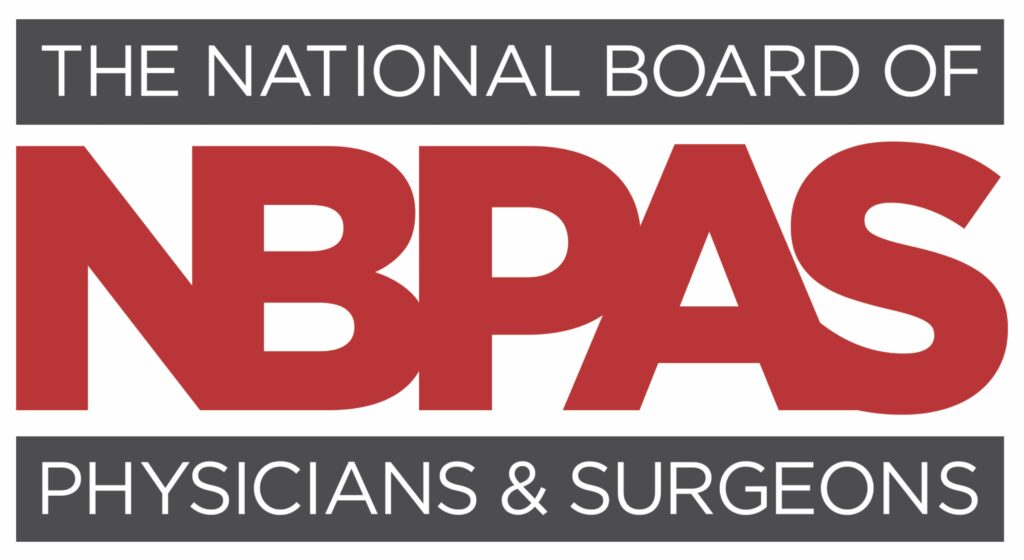The holidays are over. It’s time to begin making New Year’s resolutions. If you are like many Americans, you may be vowing to finally shed those unwanted pounds. But how should you go about this seemingly daunting process? Is there a better, safer, easier way? Which diet works best? Should you try the one your spouse has done, or your co-worker?
If you’re confused, you are in good company. It is estimated that Americans spend over $40 billion on weight loss programs, products, and literature each year, yet obesity rates continue to climb. According to the Centers for Disease Control and Prevention (CDC), 33.8% of U.S. adults are obese and, sadly, 17% of children and adolescents.
There is no magic bullet for weight loss. Some say weight loss is as easy as consuming fewer calories than you expend. In theory, that is correct. However, if it were this easy, we wouldn’t see such an alarming weight problem in the U.S.
7 Diet Considerations
Here are some things to consider as you embark on your weight loss journey:
1) Does the diet program include a variety of different foods?
It should. Diets are restrictive in some ways; however, they should not be limited to only a few foods. Not only could this cause wasting of lean muscle tissue in short-term, but nutritional deficiencies in the long-term. It can also cause boredom and be very hard to maintain.
2) Does the diet program include foods that are easily accessible and found in your local grocery store?
If foods are only available from a single source such as a website, clinic, or program, this could be not only expensive, but also be a recipe for failure and boredom.
3) Does the program encourage physical activity?
If you are attempting weight loss on your own, make sure you incorporate physical activity. If a program restricts exercise completely, beware! Exercise plus calorie restriction can help give you the weight loss edge. At Weightloss Clinics®, we encourage a combination of both resistance and cardiovascular exercise to prevent lean muscle loss, boost mood, and encourage consistent weight loss. Studies show that people who maintain their weight loss over the long term get regular physical activity. One caveat: exercise does not mean just cleaning the house, gardening, chasing kids, or walking the dog. These are all forms of physical activity that will add to your calorie expenditure. Exercise, on the other hand, is a structured and repetitive form of physical activity that you do on a regular basis. Try to aim for at least 150 minutes of moderate physical activity or 75 minutes of vigorous aerobic activity spread throughout the week.
4) Does the weight come off at a steady pace?
A slow and steady loss of 1 to 2 pounds per week is the typical recommendation. In some situations, faster weight loss can be safe if it is done the right way – such as a very low calorie diet with medical supervision.
5) Do you need guidance and accountability?
Some people are able to tap into their internal motivation to start and stick with weight loss attempts. Others are not. This depends on your personality. Many people eventually find that they need guidance, direction and encouragement to be successful. In fact, research has shown that this can help people lose weight and keep it off.
6) What do you do after you have reached your weight loss goal?
In considering a weight loss program, make sure that it is one that can easily transition into maintenance. Losing weight is often the easiest part of the whole process. Keeping it off is another story. It is estimated that 85-90% of people will regain their lost weight within one year of completing a weight loss program. Astounding as this sounds, it is easy to prevent. A good, reputable diet program will guide you through a maintenance phase so that you know exactly what to do in order to maintain your new size.
7) Most importantly, consult with your doctor.
It is important to consult with your doctor before beginning any exercise or weight loss program, especially if you have serious health problems such as Diabetes, Hypertension, or other heart problems. Don’t be afraid to seek out help! A Physician or Registered Dietitian can be a wonderful ally in your efforts to get healthier!
Weightloss Clinics® Strategy
Through a medically-supervised program, Weightloss Clinics® combine FDA-approved appetite suppressants, dietary supplements, vitamin and mineral based injections, and vitamins with nutritionally guided meal planning and exercise counseling. The Weightloss Clinics program is not a quick fix. It is a lifestyle change. We have helped our patients lose almost 17,000 pounds locally since opening in September 2010.
At the core of the program is a diet comprised of lean protein, low carbohydrates, low fats, and low glycemic index fruits and vegetables. Once the patient reaches his or her weight loss goal, they move into the Short-Term Maintenance phase. In this phase, your daily calorie and energy expenditures are increased to maintain your new weight. The final phase, called the Wellness phase, truly demonstrates the long-term vision of Weightloss Clinics.

